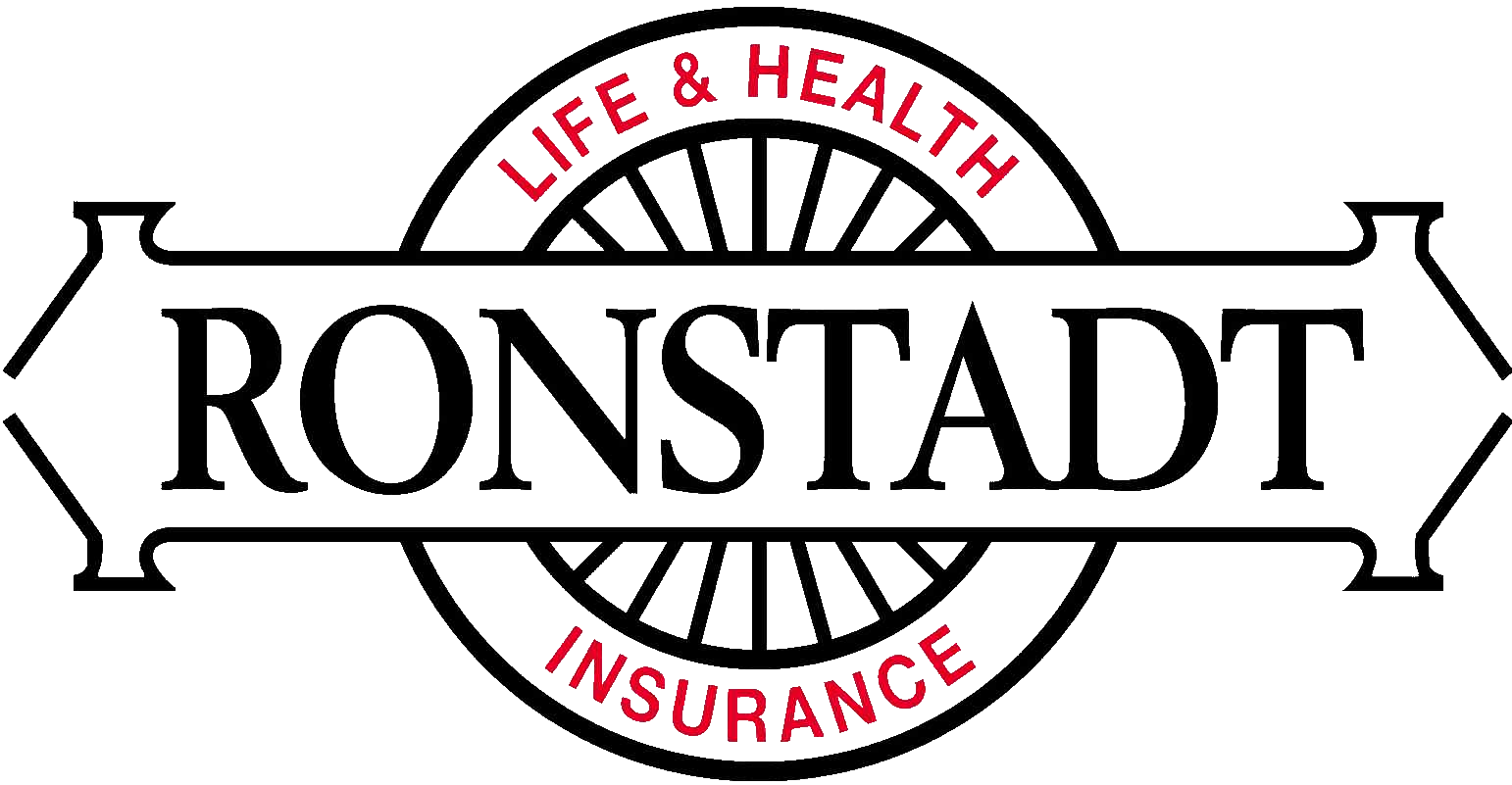Defining Essential Benefits: Medical Necessity Worries
Under the health system reform law, one of the Department of Health and Human Services’ (HHS) most consequential challenges involves deciding how to define the essential benefits (listed below) that must be offered by all health plans in state health insurance exchanges.
- Ambulatory patient services
- Emergency services
- Hospitalization
- Laboratory services
- Maternity and newborn car
- Mental health and substance use disorder services, including behavioral heal treatment
- Pediatric services, including oral and vision care
- Prescription drugs
- Preventive and wellness services and chronic disease management
- Rehabilitative and habilitative services and devices
http://www.cms.gov/LegislativeUpdate/downloads/PPACA.pdf
Although a benefit may be covered, it does not mean the health insurance plans pay for it in every circumstance. Medicare follows an evidence-based approach for coverage determinations and Congress did not call for a definition of medical necessity in the reform law, calling it unnecessary. However, some medical societies voiced concern on this front. They warned that health plans frequently rule health services as not medically necessary unless they are supported by randomized controlled studies. “The health plan might not exactly say it, but essentially what they’re sayings is, ‘Occupational therapy for a child with cerebral palsy – where’s the evidence?” the AAP’s Dr. Racine said. Often, primarily concerning women’s health and pediatrics, few such studies exist. In these cases, it is apparent that alternatives as observational studies or specialty expert opinion should suffice.

















